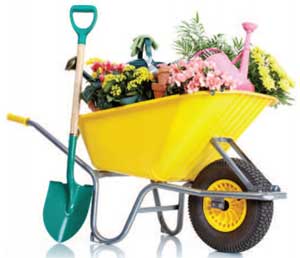
Social and Therapeutic Horticulture Courses offered from Milford Care Centre choose between the 1 or 2 day courses.
An Introduction to STH, Planning STH Programmes and Projects
– A 1 day course
The aims of the course are to provide an introduction to Social and Therapeutic Horticulture (STH) and its potential use as a therapy or adjunct to therapy, and to explore the potential use of STH to create therapeutic programmes and projects. The day will focus on providing transferable knowledge and skills to enable participants to explore the use of gardening for health and well being in diverse service settings and with diverse user groups.
Sessions will include:
- The benefits Social and Therapeutic Horticulture and its evidence base
- Assessing the evidence of need for STH in a Health or Social care setting
- Implementing a client centred programme
- Creating and moulding gardens for therapy
The use of STH within Palliative and Dementia Care Provision
– A 2 day course
The aims of the course are to provide a broad view of the use of Social and Therapeutic Horticulture (STH) in palliative and dementia care settings and to explore the implementation, and practice of client centred STH programmes for these client groups. The 2 days will focus on the specific use of STH with these client groups, its evidence base, the adaptation required to make a programme accessible and inclusive and provide the skills and knowledge to enable participants to implement beneficial STH provision and monitor its effectiveness. The course will also explore the relationship between plants and people, plants and well being and gardens and life.
Sessions will include:
- The benefits of Social and Therapeutic Horticulture for palliative and dementia patients
- The adaptation of Horticulture to enable access, inclusivity increased benefit
- The role of the Therapist in STH
- The design of a client centred Social and Therapeutic Horticulture programme
- Assessment and evaluation within STH
- Therapeutic garden design for Palliative and dementia user groups
- People plant relationships and metaphors for life in the garden





